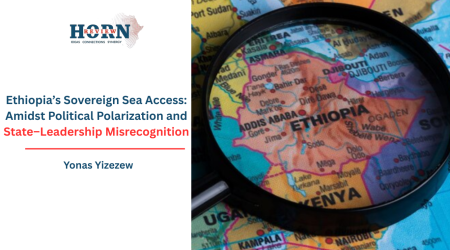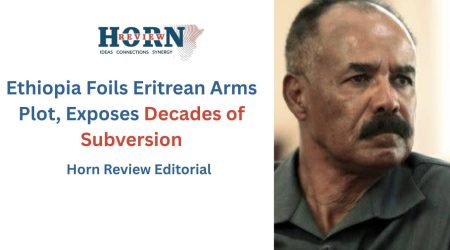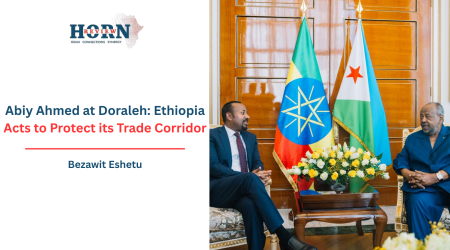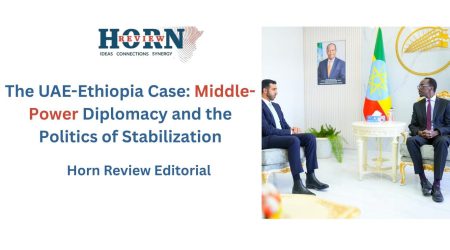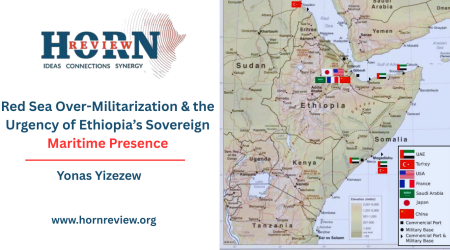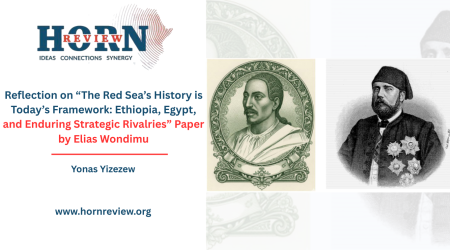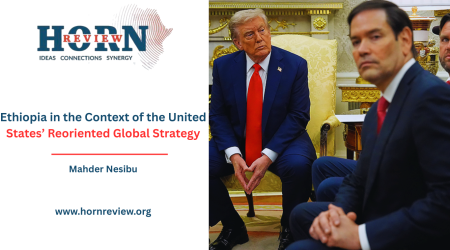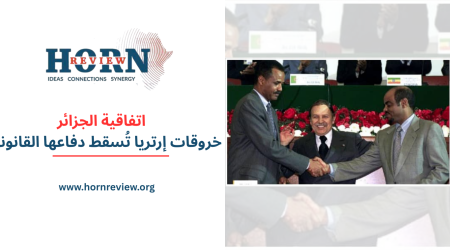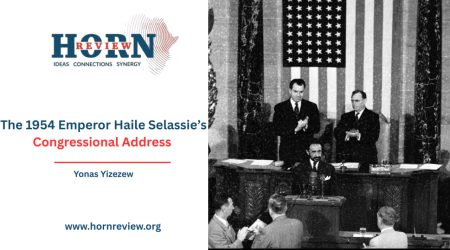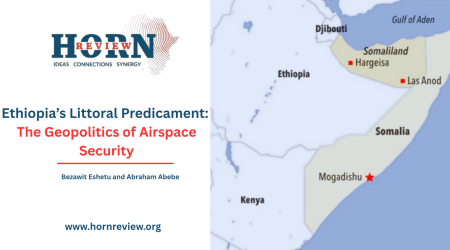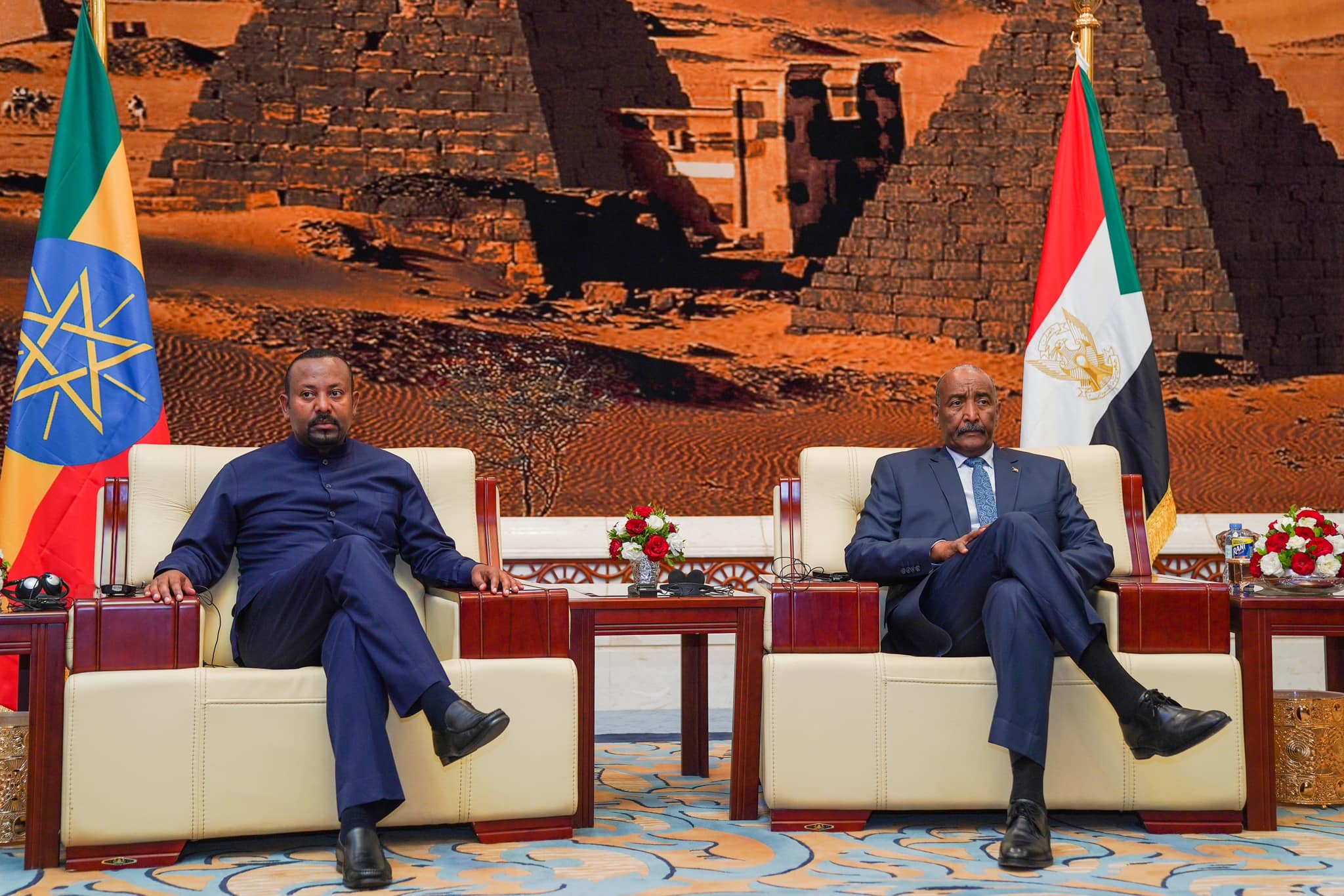
27
Jan
Ethiopia’s Role in Sudan’s Mediation Efforts: Challenges and Failures
The war in Sudan has drawn international attention, with various mediation efforts aiming to broker peace between the Sudanese Armed Forces (SAF) and the Rapid Support Forces (RSF). The United States and Saudi Arabia initially attempted a 72-hour truce, but it was quickly violated. Subsequent peace deals faltered, culminating in the collapse of peace negotiations in early May 2023 when SAF abandoned talks and declared the UN envoy, Volker Perthes, persona non grata. This reflected the belligerents’ refusal to cooperate with international peace initiatives.
The mediation process was criticized for several limitations. It excluded Sudan’s civilian leadership and other armed groups, which led to increased alignment with either the SAF or RSF. Additionally, the lack of a coordinating mechanism for external actors further hindered progress. Recognizing these flaws, the U.S. and Saudi Arabia reached out to the African Union (AU) for further mediation, but efforts faced setbacks, including Sudan’s rejection of the Kenyan chairmanship of the peace process due to allegations of bias.
In response to being sidelined in key peace efforts, neighboring countries such as Egypt and Chad called for the Cairo Initiative, aiming to involve more regional stakeholders. However, this caused a fragmentation of peace initiatives, with different parties pushing their agendas. Attempts at direct talks in Geneva in August 2023 also failed to gain consensus, and by the end of the year, negotiations adjourned due to both factions’ non-compliance with ceasefire agreements.
Amid this turmoil, Ethiopia, with its historical ties to both the SAF and RSF, attempted to mediate the conflict. However, Ethiopia’s mediation efforts have largely been unsuccessful, with concerns about its neutrality playing a central role. Ethiopia’s involvement in the Grand Ethiopian Renaissance Dam (GERD) dispute with Sudan, and its recent economic agreement with the UAE, raised doubts about its impartiality.
Furthermore, Ethiopia’s internal instability, including its border disputes with Sudan and its involvement in the Tigray war, further eroded its credibility as a neutral party. Some regional actors preferred to sideline Ethiopia, seeing its role as a potential hindrance to their own interests in the region. Eritrea’s involvement in the Tigray conflict, in particular, undermined Ethiopia’s image as a peace broker, damaging its ability to mediate effectively.
In conclusion, Ethiopia’s role in mediating the Sudanese conflict has been severely constrained by both internal and external factors. The country’s geopolitical rivalries, domestic instability, and contentious relationships with Sudan and other neighbors have prevented it from asserting a strong, neutral position. As the conflict continues, Ethiopia’s efforts to mediate may remain sidelined unless it can rebuild trust and overcome these challenges.
@YonasYizezew

